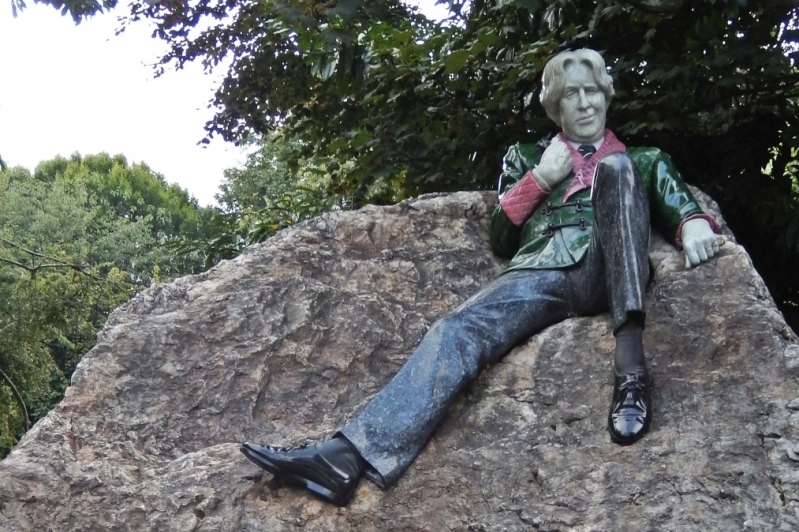
There’s no denying that Dublin is a musical city. Traditional tunes usually spill out of pub doorways as you walk along the cobbled streets of Temple Bar, but what about the Irish capital’s classical music history?
In 1742 GF Handel conducted the premiere of his masterful oratorio Messiah in the since demolished Neal’s Music Hall on Fishamble St, Dublin’s oldest street. The celebrated work is performed annually at the original spot - now a hotel that bears Handel’s name.
John Field was born in Dublin on 26 July 1782. He is best known as the inventor of the nocturne, a musical form later made famous by Chopin. Field spent much of his life in Moscow and is mentioned in War and Peace when Countess Rostova calls on the Rostov household musician to play her favourite nocturne. Legendary Hungarian pianist Franz Liszt was a champion of John Field’s music and visited Ireland during his hectic British tour in the winter of 1840-41. He gave his opening performance at the Rotunda in Dublin two days before Christmas.
The Royal Irish Academy of Music was founded in 1848 by a group of music enthusiast including John Stanford, Richard Michael Levey, and Joseph Robinson. The current teaching staff includes members of the National Symphony Orchestra of Ireland and the RTÉ Concert Orchestra. John Stanford’s son,Charles Villiers Stanford, was born in Dublin on 30 September 1852. He studied piano and violin, and subsequently the organ with Robert Prescott Stewart at Christchurch and St. Patrick’s Cathedrals. He studied at Cambridge, Leipzig and Berlin and was one of the founding professors of the Royal College of Music. He greatly influenced several British composers; Ralph Vaughan Williams, Sir Arthur Bliss and Gustav Holst were among his pupils.
It is estimated that by the 1850s nearly 3000 Dubliners would have attended theatre, be it opera or pantomime, on any one night! Italian opera companies came to the city nearly every autumn, their venue was the Theatre Royal.

Irish poet and playwright Oscar Wilde was born in Dublin in 1852 and went on to study at Trinity College Dublin. He grew up at No.1 St Stephen’s Green, and is memorialised in statue form in the park opposite. Wilde’s Salome (1891) is the basis of Richard Strauss’s Salome (1905) and his The Importance of Being Earnest (1895) inspired Gerald Barry’s opera of the same name, premiered in 2011.
Gerald Barry was born in County Clare in 1952 and after attending University College Dublin went to Amsterdam and later Cologne to continue his studies. In Germany he studied with Stockhausen and Kagel, and came to public attention in 1979 with the radical ensemble works ‘________’ and Ø. It was written in the Irish Times that ‘no other Irish composer springs to mind who carries the same aura of excitement and originality or whose music means so much to such a wide range of listeners.’ The world premiere staging of his most recent opera Alice’s Adventures Under Ground was given at Covent Garden in February 2020 in a production by Antony McDonald that received rave reviews.
Gerald Barry also features in Irish National Opera’s newly released 20 Shots of Opera. The Dublin-based company only recently celebrated its second birthday, and we at WNO look forward to seeing our Irish neighbours grow from strength to strength.



